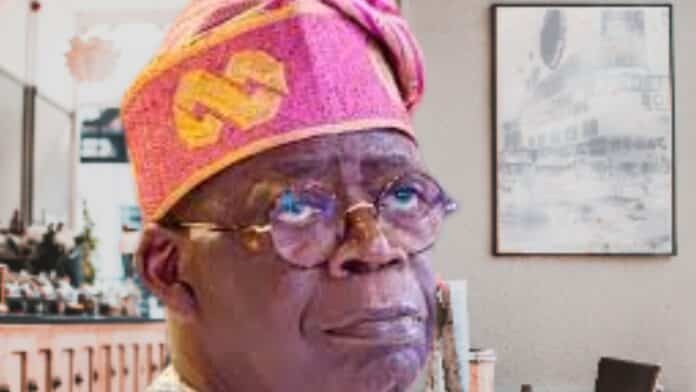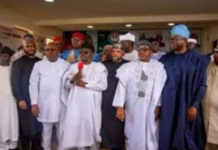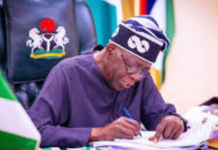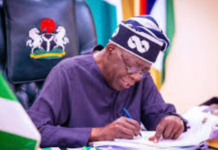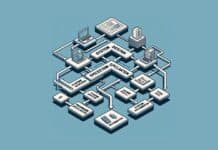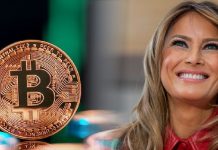Nigeria’s economic landscape and security situation have been sources of growing concern, prompting calls for President Bola Ahmed Tinubu to take decisive action. The nation faces a deteriorating economy and escalating insecurity, issues that demand immediate and effective policy responses.
The Peoples Democratic Party (PDP) has been vocal about the hardships faced by Nigerians under the current economic and social policies. The PDP’s National Publicity Secretary, Debo Ologunagba, expressed that the abrupt removal of fuel subsidies, among other policy decisions, has led to widespread hardship and apprehension. The party has urged the government to adopt remedial measures to alleviate the economic strain on citizens and address the rising insecurity.
President Tinubu’s administration has taken several significant economic decisions since taking office, including the unification of the naira’s exchange rate and the inauguration of a new economic council. These moves aim to foster transparency, reduce distortions, and boost confidence in the economy. However, the suspension of the Central Bank of Nigeria’s Governor raised concerns about the independence of the central bank and the government’s approach to economic management.
In response to the challenges, President Tinubu has outlined policy options focusing on healthcare, digital economy, women empowerment, judicial reform, and decentralization of power. He has also emphasized the importance of security, macro-economic stability, job creation, and social security in his budgetary priorities.
As the nation grapples with these pressing issues, the call for President Tinubu to implement urgent economic and social reforms grows louder. The success of these policies will be critical in steering Nigeria towards a path of recovery and stability, ensuring the welfare and security of its people. The world watches as Nigeria navigates through these turbulent times, hoping for a swift and positive turnaround under President Tinubu’s leadership.


